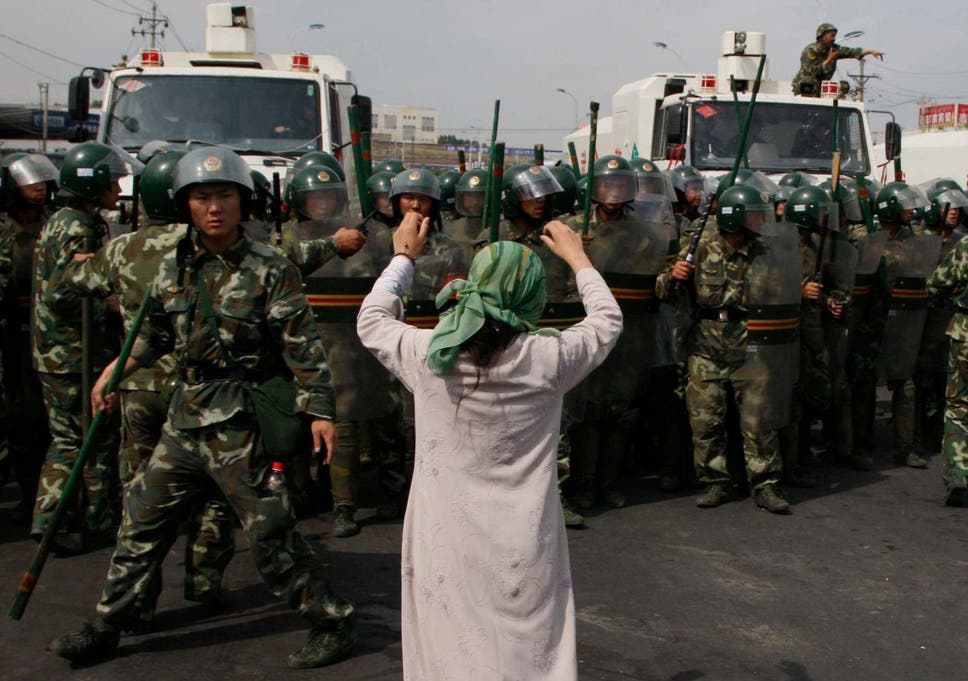
China has been urged to stop its mass detention of UighurMuslims by 22 members of the United Nations Human Rights Council in the first such joint move on the issue.
The UN says at least 1 million Uighurs and other Muslims have been detained by China in the western region of Xinjiang.
In an unprecedented letter ambassadors from 22 countries voiced their concerns about reports of unlawful detention in “large-scale places of detention, as well as widespread surveillance and restrictions, particularly targeting Uighurs and other minorities in Xinjiang”.
Britain, France and Germany were among the European nations to join the call, along with Australia, Canada and Japan, but not the United States, which quit the council a year ago.
However, the letter fell short of activists demands for a formal statement to be read out at the council, or a resolution submitted for a vote.
The letter to the forum’s president, dated 8 July, cited China’s obligations as a member of the 47-state forum to maintain the highest standards.
“We call on China to uphold its national laws and international obligations and to respect human rights and fundamental freedoms, including freedom of religion or belief in Xinjiang and across China,” the letter said.
“We call also on China to refrain from the arbitrary detention and restrictions on freedom of movement of Uighurs, and other Muslim and minority communities in Xinjiang.”
It urged China to allow international independent experts, including Michelle Bachelet, the UN high commissioner for human rights, “meaningful access” to Xinjiang.
Ms Bachelet, a former president of Chile, has lobbied China to grant the UN access to investigate reports of disappearances and arbitrary detentions of Muslims in Xinjiang.
Last month, China’s ambassador to the UN in Geneva said he hoped Ms Bechelet would take up an invitation to visit.
One diplomat told Reuters China’s delegation was “hopping mad” at the move and was preparing its own letter in response.
In a statement, Human Rights Watch welcomed the letter as “important not only for Xinjiang’s population, but for people around the world who depend on the UN’s leading rights body to hold even the most powerful countries to account”.
At the start of the three-week session, which ends on Friday, the vice-governor of Xinjiang responded to international condemnation of the state-run detention camps by saying they were vocational centres which had helped “save” people from extremist influences.
Last week, a study said thousands of Muslim children in the region were being separated from their parents in what it called a “systematic campaign of social re-engineering and cultural genocide”.







